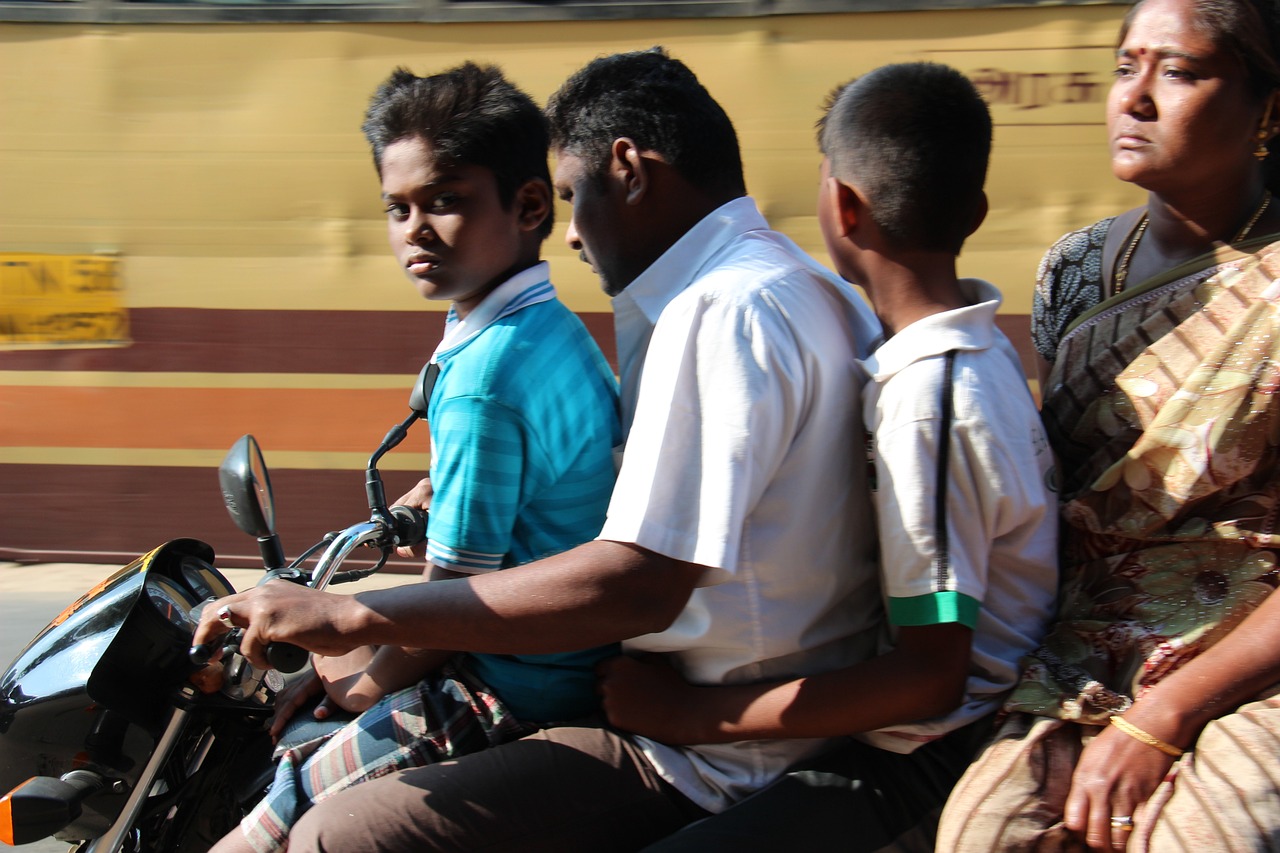Assessing the Role of Political Action Committees in Campaign Financing
Political Action Committees, commonly referred to as PACs, emerged in the United States in the wake of the Federal Election Campaign Act of 1971. This legislation set the groundwork for PACs by allowing for the creation of separate segregated funds to support political candidates. By 1974, PACs were officially recognized by the Federal Election Commission, leading to an explosion in their numbers as interest groups and corporations saw the potential to influence election outcomes through financial contributions.
The concept of PACs revolutionized campaign financing by providing a vehicle for groups to pool together resources and support candidates who aligned with their interests. This newfound ability to channel funds towards specific campaigns allowed for a more organized and impactful way for special interest groups to wield influence in the political arena. Over the years, PACs have become a dominant force in American politics, raising and spending millions of dollars to support candidates at the local, state, and national levels.
The Influence of PACs on Election Outcomes
Political Action Committees (PACs) have played a significant role in shaping election outcomes in the United States. By channeling financial contributions from individuals, corporations, and unions, PACs are able to fund political campaigns and mobilize support for candidates aligned with their interests. This financial backing allows PACs to amplify the voices of specific groups and influence the political landscape.
In many cases, the influence of PACs on election outcomes is evident in the level of support and resources they provide to candidates. Candidates who receive substantial funding from PACs often benefit from increased visibility, stronger campaign infrastructure, and greater opportunities to connect with voters. This support can make a crucial difference in closely contested races, where PAC contributions may sway undecided voters and tip the balance in favor of a particular candidate.
Common Criticisms of PACs in Campaign Financing
One major criticism of Political Action Committees (PACs) in campaign financing is the perceived lack of transparency in their contributions. Many PACs operate as independent organizations that are not required to disclose their donors, leading to concerns about potential influence over elected officials without accountability to the public. This lack of transparency can create a shadowy environment where big donors can wield significant power behind the scenes.
Another common criticism of PACs is the perception that they exacerbate the influence of big money in politics. Critics argue that PACs, particularly Super PACs, allow wealthy individuals and corporations to pour massive amounts of money into elections, drowning out the voices of ordinary citizens. This concentration of financial power in the hands of a few can distort the democratic process and give unfair advantage to candidates who are backed by deep-pocketed donors.
• Lack of transparency in contributions
• Potential influence over elected officials without accountability to the public
• Shadowy environment where big donors can wield significant power behind the scenes
• Exacerbate the influence of big money in politics
• Super PACs allow wealthy individuals and corporations to pour massive amounts of money into elections
• Drowning out the voices of ordinary citizens
• Distorting the democratic process and giving unfair advantage to candidates backed by deep-pocketed donors
What is a Political Action Committee (PAC)?
A Political Action Committee (PAC) is an organization that raises money to influence elections or legislation, typically by contributing to political campaigns.
How do PACs influence election outcomes?
PACs can influence election outcomes by providing financial support to candidates, running independent expenditure campaigns, and mobilizing voters through advertising and other activities.
What are some common criticisms of PACs in campaign financing?
Some common criticisms of PACs include concerns about the influence of money in politics, the potential for corruption or undue influence on elected officials, and the lack of transparency in campaign financing.
Are there any regulations in place to monitor PACs?
Yes, there are regulations in place to monitor PACs, such as limits on the amount of money individuals or organizations can contribute to PACs, requirements for PACs to disclose their donors and expenditures, and restrictions on coordination between PACs and candidates.
How can individuals get involved in campaign financing without using PACs?
Individuals can get involved in campaign financing by donating directly to candidates or political parties, volunteering for campaigns, and advocating for campaign finance reform to reduce the influence of PACs and big money in politics.







